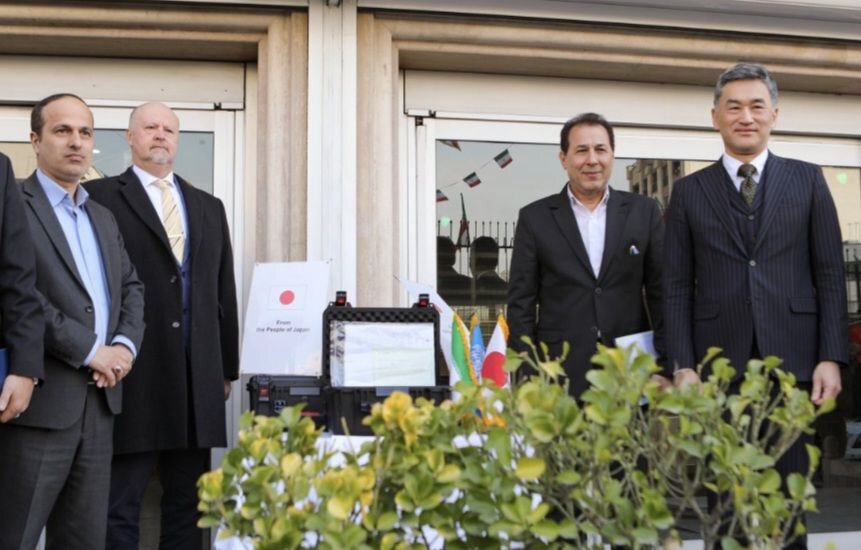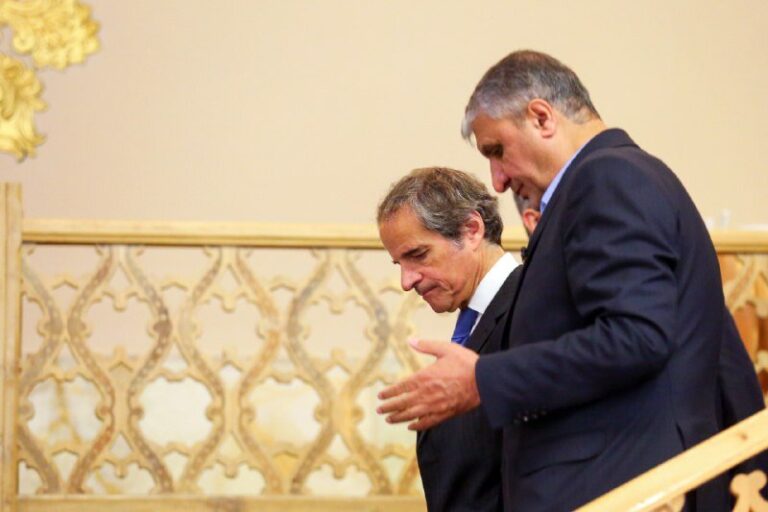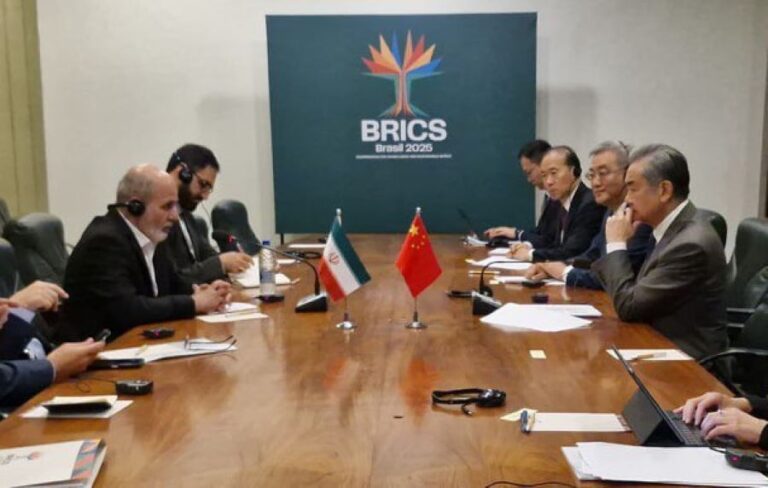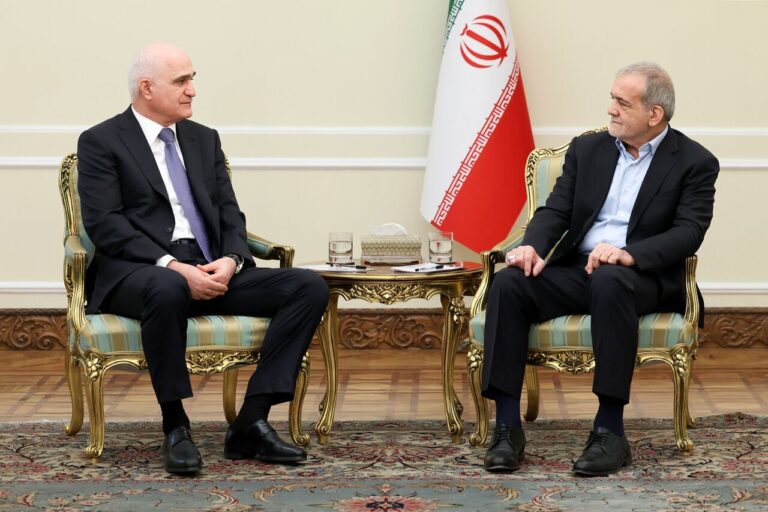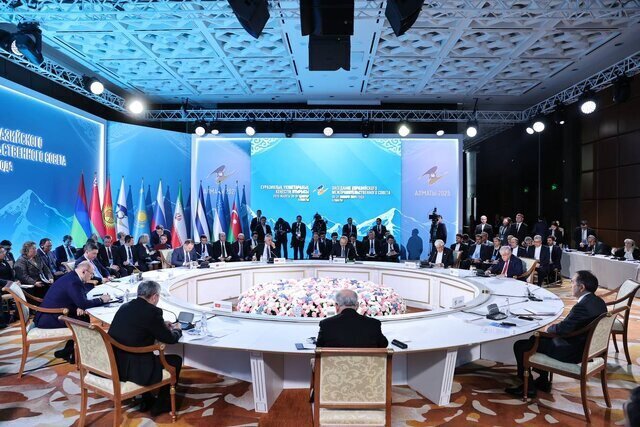UNODC Boosts Iran’s Drug Detection Capabilities with 4 New Advanced Trace Detector Devices
In a significant move to bolster Iran’s efforts in combating drug trafficking, the United Nations Office on Drugs and Crime (UNODC) has delivered four state-of-the-art drug trace detector devices to the Customs Organization and Anti-Narcotics Police of Iran. This initiative, funded by the Japanese government, underscores the collaborative international efforts in the fight against narcotics.
The handover ceremony took place on February 5 at the Drug Control Headquarters (DCHQ) in Tehran, attended by key representatives including Alexander Fedulov, the UNODC representative in Iran, Tsukada Tamaki, the Japanese Ambassador to Tehran, and Mohammed Narimani, Interim Director General of the International Relations Office of DCHQ, as reported by dolat.ir.
During the ceremony, Fedulov emphasized that these devices were acquired under sub-program 1 of the UNODC Country Partnership Programme (CPP) for the years 2023 to 2026, tailored specifically to meet the needs outlined by the Iranian Anti-Narcotics Police.
The UNODC has been actively collaborating with Iran since 1991, recognizing the country as a strategic partner in the regional fight against drug-related crime. The organization has consistently provided technical assistance and training, highlighting the importance of international cooperation in this critical area.
Fedulov pointed out the pressing need for advanced detection devices, including body scanners and drug trace detectors. This necessity arises from the alarming rise in methamphetamine production in Afghanistan, along with its widespread transit through Iran. The increased frequency of narcotic discoveries within Iran further accentuates this requirement.
In his remarks regarding the UNODC’s activities in 2023 and 2024, Fedulov noted that the generous contributions from the Japanese government have facilitated the procurement of essential devices. These include:
- Drug identification devices
- Drug-detecting dogs
- Canine trailers
- Other accessories for drug-detection dog centers
Mohammed Narimani, expressing gratitude for Japan’s support, highlighted the importance of international collaboration in the fight against drugs. He stated, “Supporting Iran in the fight against drugs is supporting the international community,” underlining the global stakes involved.
Narimani further acknowledged Japan’s commitment to funding technical devices aimed at narcotics control, expressing appreciation for their assistance. He stressed, “Iran will never forget your assistance, particularly if you equip the country with X-ray scanners for containers.”
Statistics shared during the ceremony shed light on Iran’s significant role in global narcotics seizures. Narimani noted that Iran is responsible for:
- 76 percent of the world’s opium seizures
- 67 percent of morphine seizures
- 17 percent of heroin seizures
In 2024, Iranian anti-narcotics police successfully discovered:
- 440 tons of various narcotics, including
- 38 tons of methamphetamine
Moreover, Narimani conveyed a heartfelt message to contributors, stating, “Please let the contributors know that their aid conveys the message to the law enforcement forces and the families of the martyrs that the world understands and respects the importance of their sacrifice.” He cautioned, however, that these contributions, while valuable, are minor compared to the heavy toll Iran pays in its ongoing battle against drug trafficking.
To further enhance the operational capabilities of the Iranian Anti-Narcotics Police, the UNODC provided two medical devices in November 2024. These included:
- A portable Doppler sonography device
- A veterinary anesthesia machine
These tools are aimed at supporting drug supply reduction activities within Iran. Additionally, in August 2024, the UNODC installed three X-ray body scanners at key international airports, including:
- Imam Khomeini International Airport
- Gorgan International Airport
- Ahvaz International Airport
These installations are crucial for effectively identifying narcotic drugs that may be concealed within the body or ingested by individuals attempting to transport them.
Through these collaborative efforts, the UNODC, along with the support of the Japanese government, aims to significantly strengthen Iran’s capabilities in the fight against drug trafficking, ultimately contributing to global security and public health.
